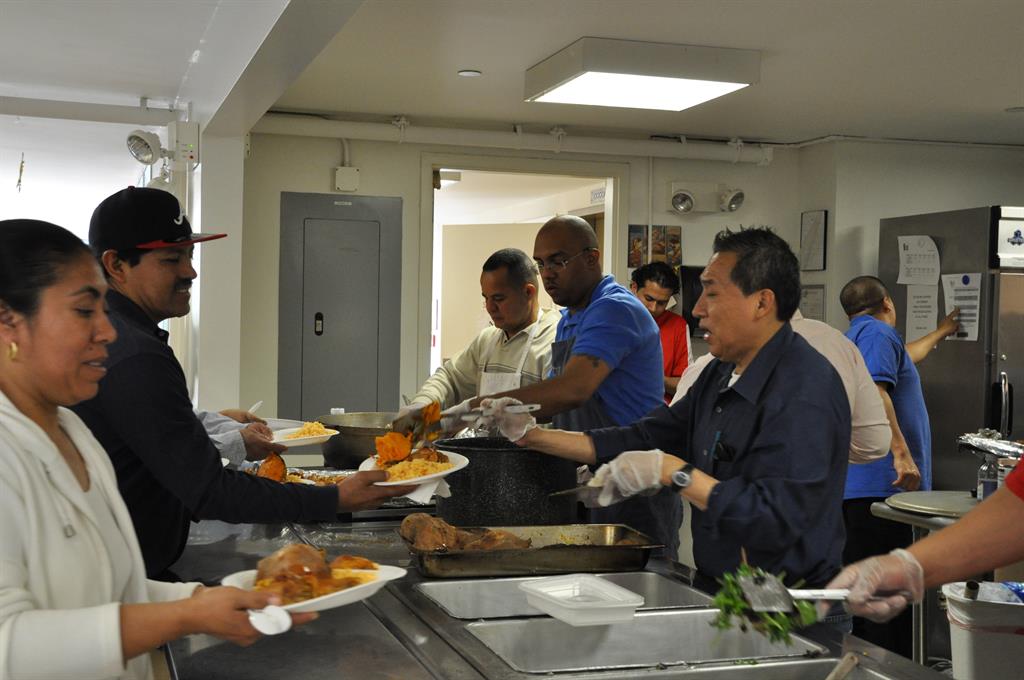|
What We Do
The mission of Abraham House is to prevent criminal relapse
among the incarcerated and to stop the intergenerational cycle of crime by
offering individuals, youth, and families affected by incarceration and other
societal ills, a place of hope and community where lives can be rebuilt,
families mended, and lessons learned – where men, women, and children receive
the spiritual, social and practical tools to become productive citizens. The
unique focus and approach utilized by Abraham House through its programs, is
not limited to the rehabilitation of the criminal offender involved in the
Alternative to Incarceration Program, but also on the family as a key partner
in the process of rehabilitation and prevention of future criminal behavior.
Abraham House accomplishes its mission through three core
programs: an Alternative to Incarceration Program (ATI); an Positive Youth Development Program (PYD), and a Family Pastoral Center (FPC).
The Alternative to Incarceration Program (ATI) is the core
component in Abraham House’s mission to break the intergenerational cycle of
poverty and crime. The ATI Program works with mostly criminal justice involved
nonviolent adults who have been assigned by the judicial system to Abraham House
for a period of rehabilitation lasting 1 to 3 years. The program has both a
residential and non-residential component. To graduate, the criminal justice involved must meet
the requirements of the judicial system as well as Abraham House’s internal
policies and guidelines. The program fights the high rate of recidivism by
preparing the criminal justice involved for the day they will rejoin society. Participants
are expected to take responsibility for the financial and emotional stability
of their families and to act as role models for their children, to accept all
the responsibilities of parenthood and to learn how to break patterns of
behavior that may have led to their current circumstances.
Read More...
The Positive Youth Development Program (PYD) enhance and support youth educational and social development and achievement and help to combat the dismal statistics faced by the youth of this struggling Bronx community. At a minimum, we provide a safe space conducive to learning and achieving positive outcomes
Read More...
The Family and Pastoral Center (FPC) serves as a place of
community and strength, where families affected by incarceration and other
social factors, can find hope, solace, friendship, and various support. The
Family Center component provides case management, counseling, advocacy, and
referrals to essential services – to help families deal with crises and ongoing
challenges. The Pastoral Center component offers religious services and
education, a hot meal on Saturdays, and community outreach services which
include a food pantry, and clothing bank.
Read More...

|
|
|
| THE FACT |
|
Nationally, more than half of released offenders are back in prison within three years. Bureau of Justice Statistics.
While people in every state and of every race, gender and income level make up the nation's dropouts, the crisis affects low-income youth, males, Hispanics and African-Americans disproportionately. Center for Labor Market Studies.
Strengthening the family network improves outcomes for both the prisoner and the individual family members. Urban Institute, Justice Policy Center.
|
|

|
|